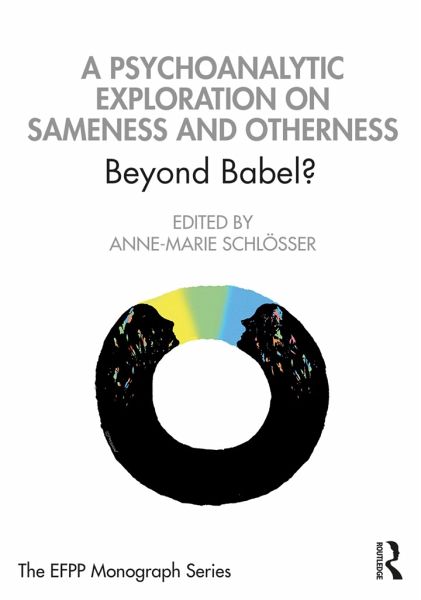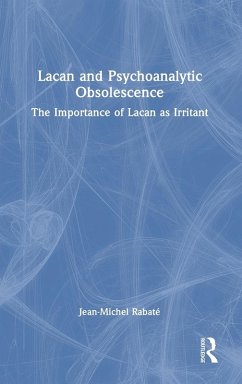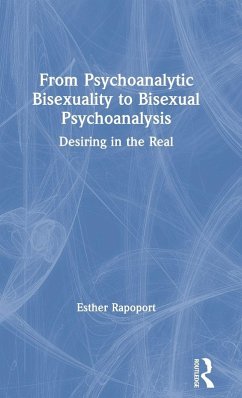
A Psychoanalytic Exploration On Sameness and Otherness
Beyond Babel?
Herausgeber: Schlösser, Anne-Marie
Versandkostenfrei!
Versandfertig in 1-2 Wochen
140,99 €
inkl. MwSt.

PAYBACK Punkte
70 °P sammeln!
A Psychoanalytic Exploration on Sameness and Otherness: Beyond Babel provides a series of timely reflections on the themes of sameness and otherness from a contemporary psychoanalytic perspective.












